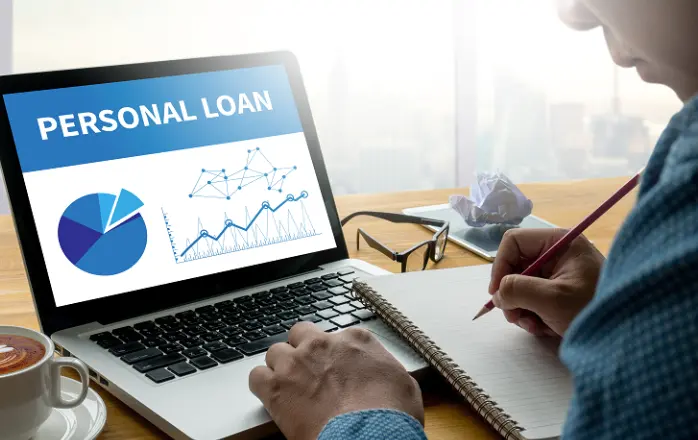Debt Consolidation Loans: Debt consolidation loans are designed to help borrowers streamline their debt by combining multiple debts into a single loan with a lower interest rate. By consolidating high-interest debts, such as credit card balances or medical bills, into a single loan, borrowers can simplify their finances and potentially save money on interest over time.
- Secured Personal Loans: Secured personal loans require collateral, such as a car or savings account, to secure the loan. Because the loan is backed by collateral, lenders may offer lower interest rates and higher loan amounts compared to unsecured personal loans. Secured personal loans are often used for large expenses, such as home renovations or major purchases.
- Unsecured Personal Loans: Unsecured personal loans do not require collateral and are based solely on the borrower's creditworthiness and ability to repay. These loans typically have higher interest rates compared to secured loans but offer greater flexibility and accessibility for borrowers who don't have collateral to pledge.
- Fixed-Rate Personal Loans: Fixed-rate personal loans have a fixed interest rate that remains the same throughout the life of the loan. This makes budgeting easier for borrowers, as they know exactly how much their monthly payments will be and can plan accordingly. Fixed-rate personal loans are popular for debt consolidation, home improvements, and other large expenses.
- Variable-Rate Personal Loans: Variable-rate personal loans have an interest rate that can fluctuate over time based on market conditions. While these loans may offer lower initial interest rates compared to fixed-rate loans, they also carry the risk of interest rate increases in the future. Variable-rate personal loans are suitable for borrowers who can tolerate fluctuations in their monthly payments and are comfortable with the potential for higher interest costs over time.
- Payday Loans: Payday loans are short-term, high-interest loans designed to provide borrowers with quick access to cash until their next payday. These loans typically have high fees and interest rates and are intended for emergency situations only. Payday loans should be used sparingly and only as a last resort, as they can trap borrowers in a cycle of debt.
- Peer-to-Peer (P2P) Loans: Peer-to-peer loans, or P2P loans, are loans that are funded by individual investors rather than traditional financial institutions. Borrowers apply for loans through online platforms, and investors choose which loans to fund based on the borrower's credit profile and loan terms. P2P loans may offer competitive interest rates and flexible terms for borrowers with good credit.
In Summary
Personal loans come in various types, each with its own features, benefits, and uses. Whether you're consolidating debt, financing home improvements, or covering unexpected expenses, there's likely a personal loan option that fits your needs. Before applying for a personal loan, be sure to compare rates and terms from multiple lenders, understand the loan agreement thoroughly, and consider your financial goals and budget constraints to make the best borrowing decision for your situation.

